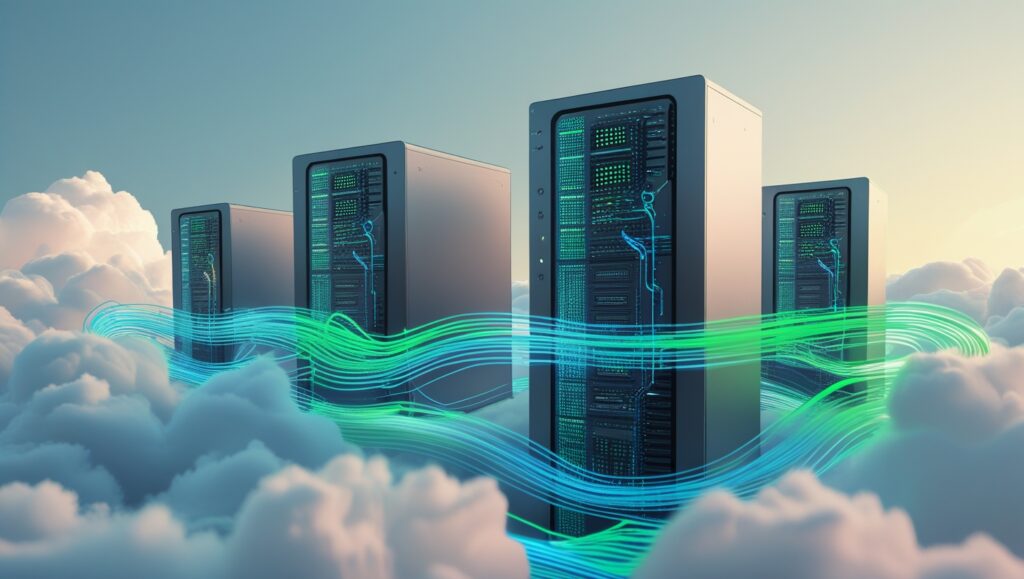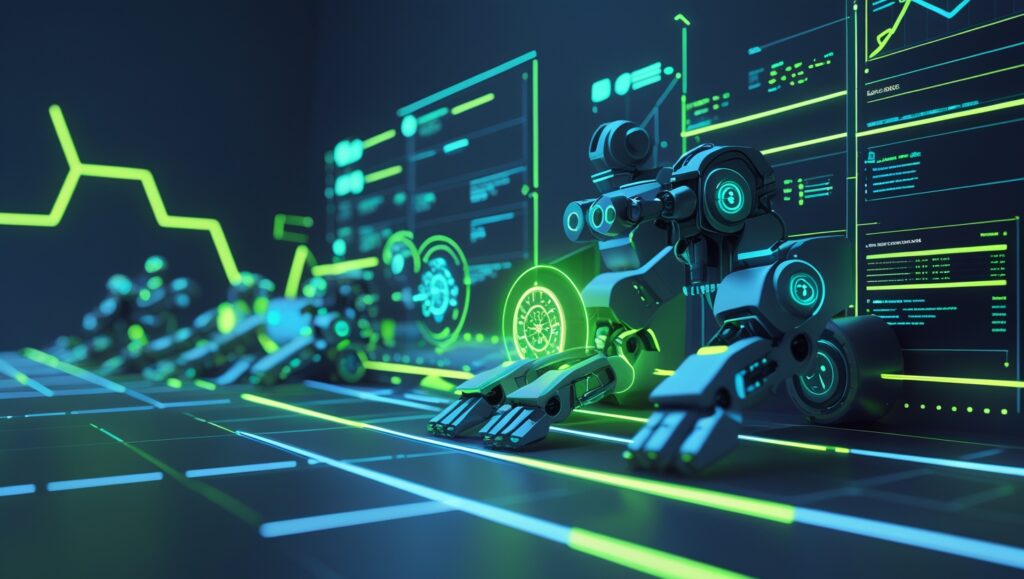
The software development landscape in 2025 is going through its most exciting transformation yet. With the rise of AI-driven tools, serverless backends, and modern programming languages like Rust and TypeScript, developers are navigating an era where productivity meets automation.
Whether you’re building cloud-native applications or diving into low-latency systems programming, this year brings new opportunities and challenges for developers everywhere.
AI Is Changing How Developers Code
Gone are the days when writing boilerplate code or searching Stack Overflow were daily chores. In 2025, AI coding assistants are embedded into nearly every modern IDE, offering real-time code completions, bug detection, and even architectural suggestions.
Tools like GitHub Copilot X, Codeium, and Replit Ghostwriter are making pair programming with machines a new normal. These tools help developers write faster, cleaner code while learning from AI-generated examples in real time.
Teams using AI code assistants have reported up to 40% faster development cycles.

Most In-Demand Programming Languages Right Now
Staying relevant as a developer means picking up languages that are in high demand across industries. Here’s what’s dominating the market in 2025:
- Python: Still the king when it comes to data science, machine learning, and automation.
- Rust: Gaining massive traction for performance-critical applications and system-level programming.
- Go (Golang): A favorite for cloud engineering and scalable microservices.
- TypeScript: The modern choice for full-stack web development.
Each of these languages supports specific use-cases, but they all share a common trait: employers are actively hiring developers who know them.

Cloud-Native and Serverless Development Is the Norm
Enterprises are investing heavily in cloud-native architectures to ensure scalability, flexibility, and high availability. Instead of managing traditional servers, developers now deploy code directly into cloud platforms using serverless computing models.
Platforms like AWS Lambda, Azure Functions, and Google Cloud Run are empowering dev teams to ship features without worrying about infrastructure.
Microservices and containerization (with Docker and Kubernetes) are still relevant — but the serverless-first approach is becoming standard in SaaS development.

DevOps Tools That Every Developer Should Know
Modern development doesn’t stop at coding. CI/CD pipelines, container orchestration, and infrastructure as code are essential for delivering reliable software.
Top DevOps tools being used in 2025:
- GitHub Actions: Seamlessly integrates with your repo for automated workflows.
- Jenkins: Still popular in enterprise setups.
- Docker + Kubernetes: For scalable deployments and app isolation.
- Terraform: For automating infrastructure on AWS, GCP, and Azure.
With increased focus on automation, teams are shifting from manual deployments to fully orchestrated CI/CD environments that include security and testing.

Developer Productivity in the Remote-First Era
Remote work isn’t a trend anymore — it’s the default. Developers in 2025 rely on a solid stack of tools to stay focused, collaborate efficiently, and avoid burnout.
- Notion for project planning and knowledge bases
- Slack and Discord for real-time communication
- VS Code extensions for smart linting, AI suggestions, and project management
- Pomodoro timers and habit trackers to stay productive
Many teams have even moved toward async-first development, where collaboration doesn’t depend on time zones.
Launching a Career in Software Development in 2025
For beginners or career switchers, this is a golden era. There’s demand across every tech stack, from frontend frameworks to DevOps engineering.
To grow as a developer:
- Build a strong GitHub portfolio with real projects.
- Learn AI integration, not just usage — build your own AI-powered apps.
- Contribute to open-source to gain experience and network with pros.
- Stay active on developer communities like Dev.to, Hashnode, and Reddit’s r/programming.
Whether you’re freelancing, job-hunting, or launching your startup — mastering these trends will give you a serious edge.

Final Thoughts
Software development in 2025 is smarter, faster, and more global than ever. Whether you’re building with Rust, automating with AI, or deploying on cloud-native stacks — now is the time to level up.


